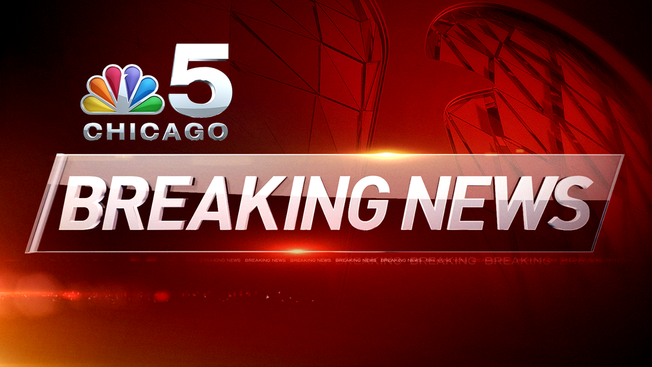Few people know as much about living or dying as Andrew Holmes.
He has been shot. And lost loved ones to gun violence.
Still he is climbs into his car, his phone at the ready, and heads---into the night---to parts of the city where the shooting seldom stops.
“You have to take it among yourself to understand what happens in the aftermath of death,” Holmes explained one recent night.
In 2016 that meant being called to 199 scenes of violence in his role with Chicago Survivors. “We’re in the most dangerous areas at the most dangerous time at night,” he said as he navigated the streets of the Englewood community. He was looking for the family of a young man who was shot. “Try to reach out and see if I can locate his mother or his father down there and talk with them.”
On TV screens and in newspapers Holmes often acts as the spokesman for families experiencing their most troubled times. “It’s not about the cameras and anything, its just about helping the people,” he said.
Chicago Survivors, the group Holmes works for, operates out of a Hyde Park church. The group receives city and federal funding but is, according to executive director Susan Johnson, a former minister, independent of police or political pressure.
Local
“We work for the family and the police understand that,” Johnson said in an interview in the group’s office located up five flights of stair.
In 2016 the Survivor’s Network staffed 575 cases delivering free services from counseling to crime scene cleanup to childcare. Investigators, like Holmes, complete 80 hours of training.
In the backseat of his car Holmes carries a bulletproof vest, a protector---and a reminder---that anything can happen at any time. Like the random bullet that struck him 15 years ago.
“Hit me in artery in the leg,” Holmes said. “Yeah had to learn how to walk all over again.”
But that paled in comparison to what occurred in the summer of 2015. A father of seven, Holmes oldest daughter, Tamara Sword, was the innocent victim of a fatal shooting in Indianapolis.
“I really wanted to give up. I wanted to give up. Didn’t want to do nothing. Help nobody,” he said quietly.
Susan Johnson saw the toll the killing took on him. “Yeah, yeah,” she said. “Nobody understands unless they have been through it themselves.”
It is a feeling known all too well by others at Chicago Survivors.
“I have two women whose brothers were killed,” she said.
“I have a woman whose niece was killed. Woman whose husband was killed.”
The list goes on. “I think we have a long way to go as a society in terms of sympathy with victims and understanding what it means to be traumatized. When we do, try and understand that, we will be a better nation,” she said.
Chicago Survivors will add three additional staff members this summer to answer calls, joining Holmes and the others.
Asked if he ever just got to go home and put his feet up at night, Holmes replied, “You know what, sometimes but as soon as I get there, back out on the street.”



